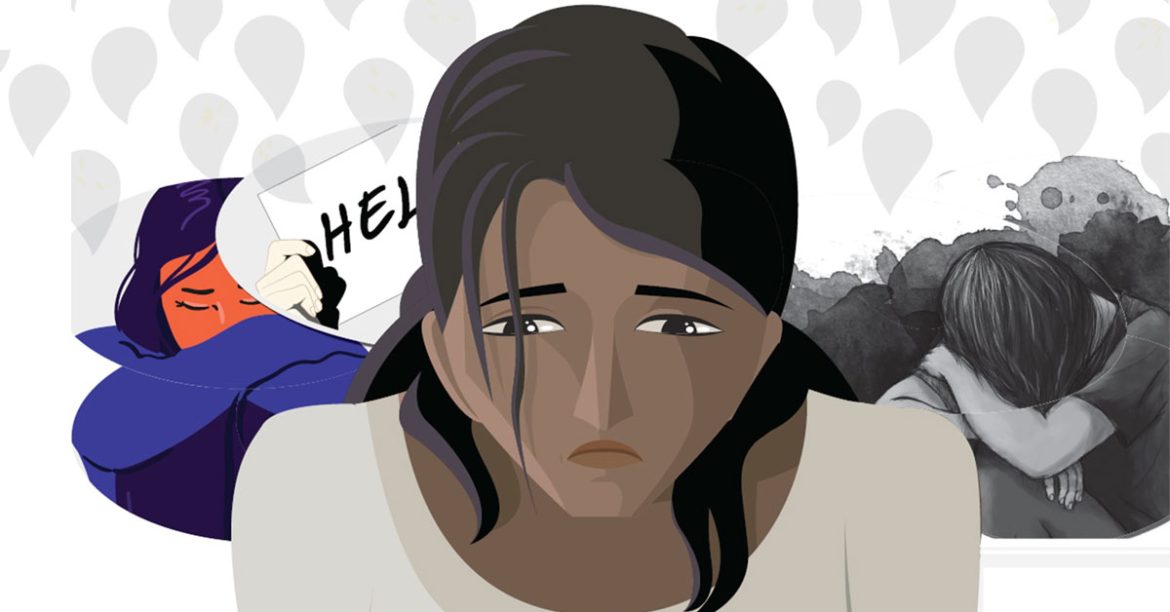In a recent event held to commemorate World Suicide Prevention Day, experts voiced their deep concern over the alarming rise in suicide rates across Pakistan.
The event underscored the pressing need for a comprehensive national strategy to address this critical issue, which has seen a disturbing increase in recent years.
According to the World Health Organization (WHO), Pakistan’s suicide mortality rate has surged by 34%, rising from 7.3 per 100,000 people in 2019 to 9.8 per 100,000 in 2022.
This sharp increase highlights the urgency of the situation, calling for immediate and coordinated efforts at both the national and local levels. Professor Rizwan Taj, Chair of the Psychiatry Department at the Pakistan Institute of Medical Sciences (PIMS), shared critical insights into this trend, emphasizing the unique challenges Pakistan faces in addressing mental health and suicide prevention.
One of the most alarming aspects highlighted by Professor Taj is the prevalence of burns as a method of suicide, accounting for 40% of cases. This method not only reflects the severity of the mental health crisis but also the desperate measures individuals are resorting to.
Moreover, rural areas in Pakistan report a 12% rate of suicidal ideation, with many individuals expressing thoughts of self-harm. These statistics paint a grim picture of the mental health landscape in the country, particularly in areas with limited access to mental health resources.
Between 2019 and 2020, there were 2,295 reported suicides in Pakistan, with males making up the majority of these cases at 61.87%, compared to 38.12% among females. The gender disparity in suicide rates reflects broader global trends, where men are statistically more likely to die by suicide.
This trend is further emphasized by global statistics, which estimate that 703,000 people die by suicide each year, with men being over twice as likely as women to take their own lives. Additionally, more than half (58%) of all suicides occur in individuals under the age of 50, highlighting the tragic loss of life in younger populations.
The theme of this year’s World Suicide Prevention Day, “Change the Narrative,” underscores the importance of breaking down the stigma associated with suicide and mental health issues. Professor Taj emphasized that dismantling this stigma is essential for increasing public awareness and fostering a culture of empathy, compassion, and understanding.
He stressed that preventing suicide is a collective responsibility that requires the active involvement of individuals, communities, organizations, and governments alike.
Professor Taj called for increased efforts to raise awareness at both national and international levels, emphasizing the need for local action to support those at risk.
He urged everyone to engage in education, outreach, and support for individuals in crisis, highlighting that even small acts of kindness and understanding can make a significant difference in someone’s life.
As we reflect on the significance of World Suicide Prevention Day, it is crucial to recognize the role each of us can play in preventing suicide and promoting mental health.
By uniting as a global community, we can work towards a future where suicide is no longer a prevalent issue, and every life is valued and protected. Professor Taj’s call to action serves as a powerful reminder that together, we can change the narrative and make a meaningful impact in saving lives.
